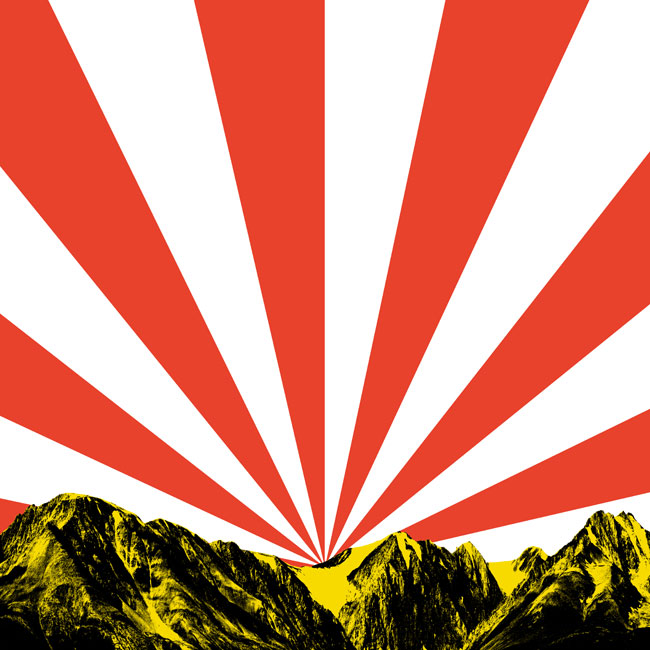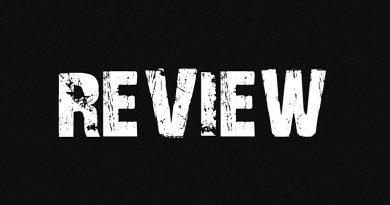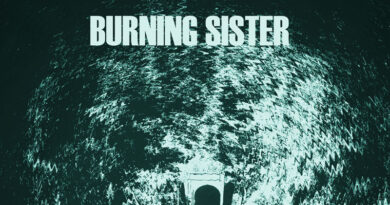Review: Nova Express ‘Twenty One’
Although Twenty One is a reissue of Nova Express’ 2001 album One, I listened to it for the first time to write this review. I wanted to get that right out there – this is a review from fresh ears. The album has been remastered and re-sequenced, but I have no comparison to comment on that latter element of this reissue.

The press release states that Torbjörn Abelli stated in 2001 that ‘this album will mature and be perfect twenty years from now.’ The startling discovery of my three listens of Twenty One is that I came away with the same impression listening to it only now. Nova Express have now joined the ranks in my knowledge base of other influential bands of their age (Can and Soft Machine came immediately to mind) whose presence still resonates in current bands like Radiohead, Ulver or Unreqvited.
Fredhäll starts off this version with a drone that continues throughout, slowly followed by piano and other keyboards joining in, creating layers of pastoral sound. This slow, deliberate song seems the perfect opener, in my experience, of the album.
Wave To Each Other, again begins with a drone, but soon drums and bass enter in a faster tempo than the previous track. At the two and half minute mark, the first vocals appear but are not prominent, and soon saxophone lines add some jazz flavor. Trees, Grass And Stonehenge, the shortest track, has the same feel as the previous track but the jazz is trippier, like Miles Davis’ Bitches Brew era, or early Weather Report.
a more open, improvisational feel, allowing the other instruments to continue adding flourishes and flavor to counterbalance the overall repetitive structure…
Nova Express is, by far, the longest track at nearly fifteen minutes, beginning with rhythmic interplay of drone and drumming, it’s soon followed by guitar. Like the first track, the tempo and drone remain the same throughout, the key difference is a more open, improvisational feel, allowing the other instruments to continue adding flourishes and flavor to counterbalance the overall repetitive structure.
On the digital-only track Bussen, is primarily a wash of keyboard textures – drums are more prominent yet still quite soft. This song is another example of how influential the band was, as this track reminds me a lot of Radiohead, particularly in its mostly repetitive nature but with graceful subtle differences.
The final track, Spektra, strongly harkens back (intentionally?) to the opener, in its repetitive droning nature, the primary difference being there is more openness, like Nova Express, and the ending is more discordant. To a modern listener, this seems as perfect an ending as the first track is to the beginning.
Label: Rocket Recordings
Band Links: Bandcamp
Scribed by: George Wilhite


